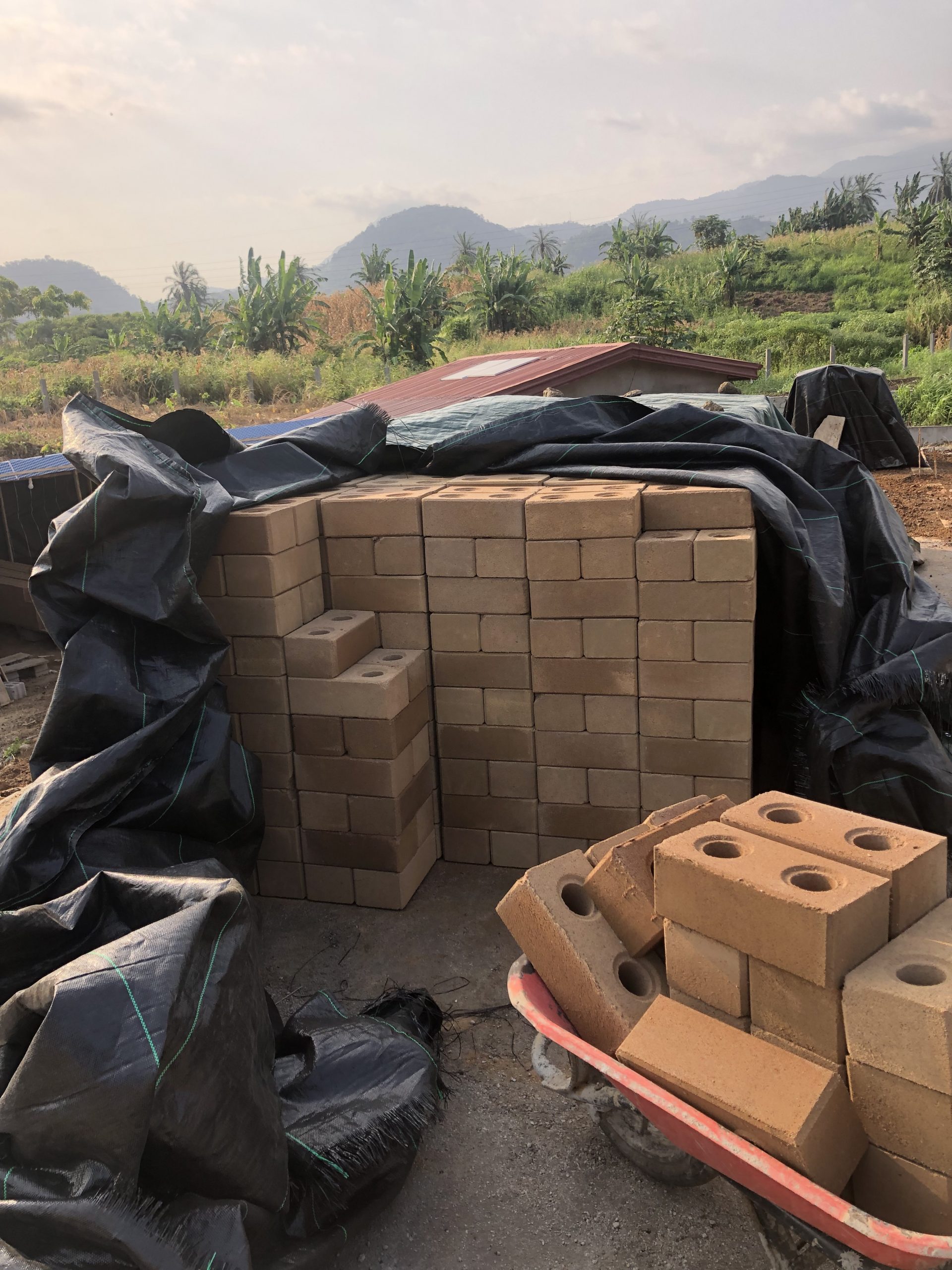EmBgloo
We Strive To Improve Lives.
Development: We build and manage Eco-friendly Community Clinics, Cobblestone roads, and Micro-electricity grids in underserved areas of Africa using Ecological Interlocking Earth Bricks, Basalt rocks and small running streams.
Dog-Tag Initiative is a Veteran-focused therapy program developed by Dr. Jim Besong and derived from his own experiences with serving underserved communities in healthcare and in ecological buildings as a method of self-treatment for PTSD and as a superior method of reintegrating back into society.
EmBgloo
We Strive To Improve Lives.
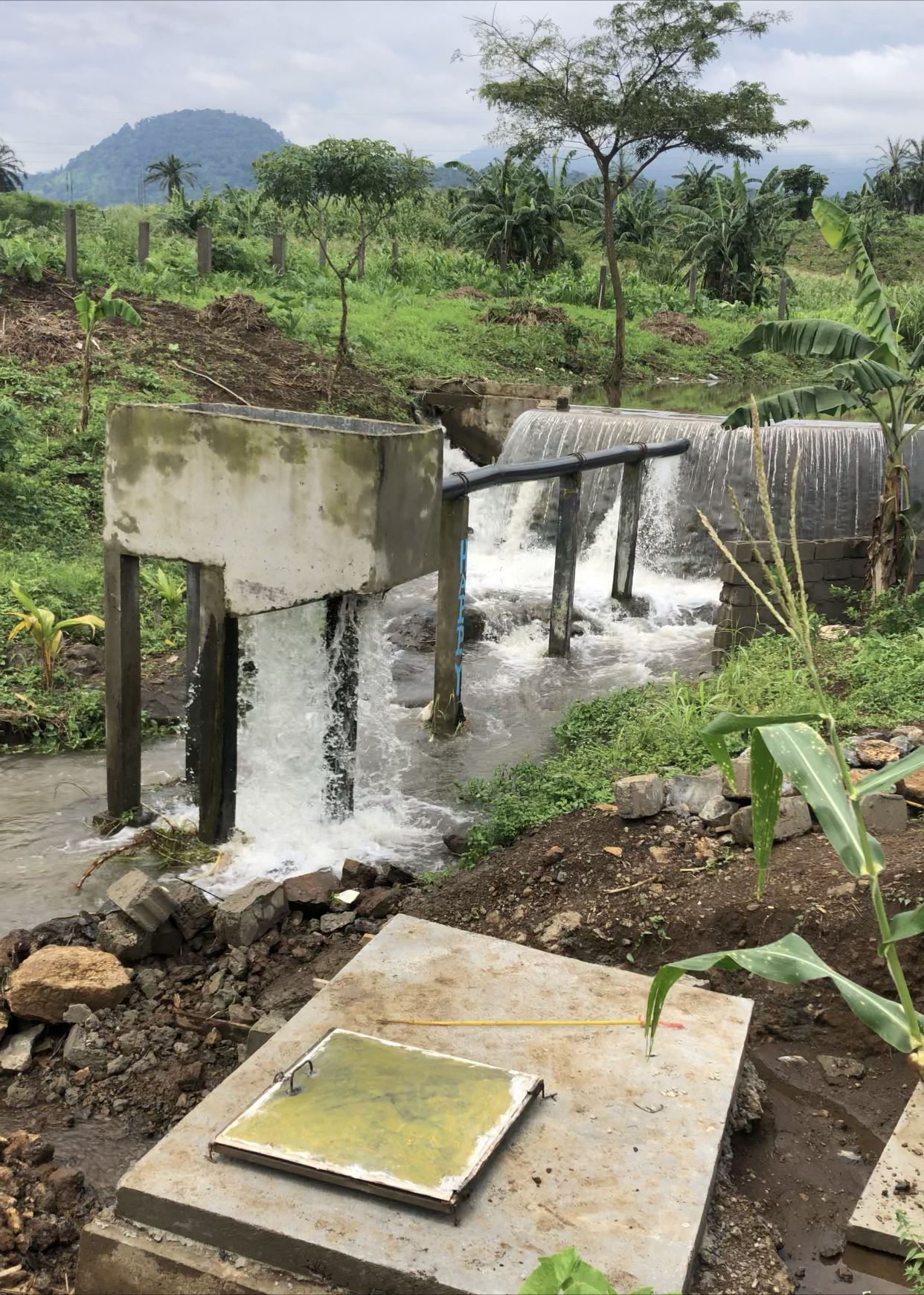
Development: We build and manage Eco-friendly Community Clinics, Cobblestone roads, and Micro-electricity-grids in underserved areas of Africa using Ecological Interlocking Earth Bricks, Basalt rocks and small running streams.
Dog-Tag Initiative is a Veteran-focused therapy program developed by Dr. Jim Besong and derived from his own experiences with serving underserved communities in healthcare and in ecological buildings as a method of self-treatment for PTSD and as a superior method of reintegrating back into society.
DOG TAG INITIATIVE
The Dog Tag Initiative is a reintegration “Boot-Camp” for veterans for their mental health and well-being. We work with veterans who volunteer in underserved and rural communities in Africa in all of our projects while benefiting from nature and Behavioral cognitive therapy as a technique to better reintegrate back into normal civilian society.
Dog Tag Veterans will also help these communities by teaching them how to build and use Micro-hydropower dams to provide these areas electricity for the first time.
Dog Tag Veterans will help these communities with borehole construction while using solar and micro-hydro power to pump water out of these wells to provide clean drinking water to the people.
The Dog Tag Veterans will learn how to make Interlocking Ecological bricks and help in the construction of the community clinics and hospitals.
The Dog Tag Veterans will help to educate these communities about solar energy, and how to harness its power with solar panels for powering their homes at night, their community clinics, and schools.
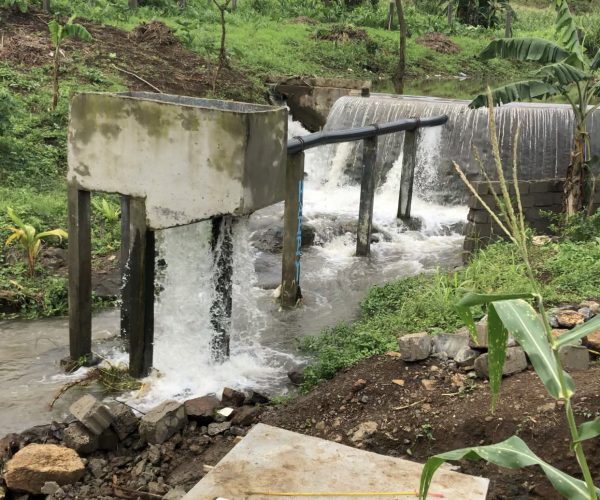
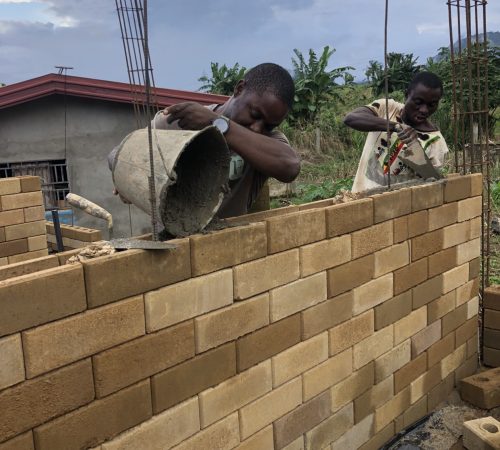
- JIM (left), is a DOG TAG VETERAN: serving in Limbe, Cameroon
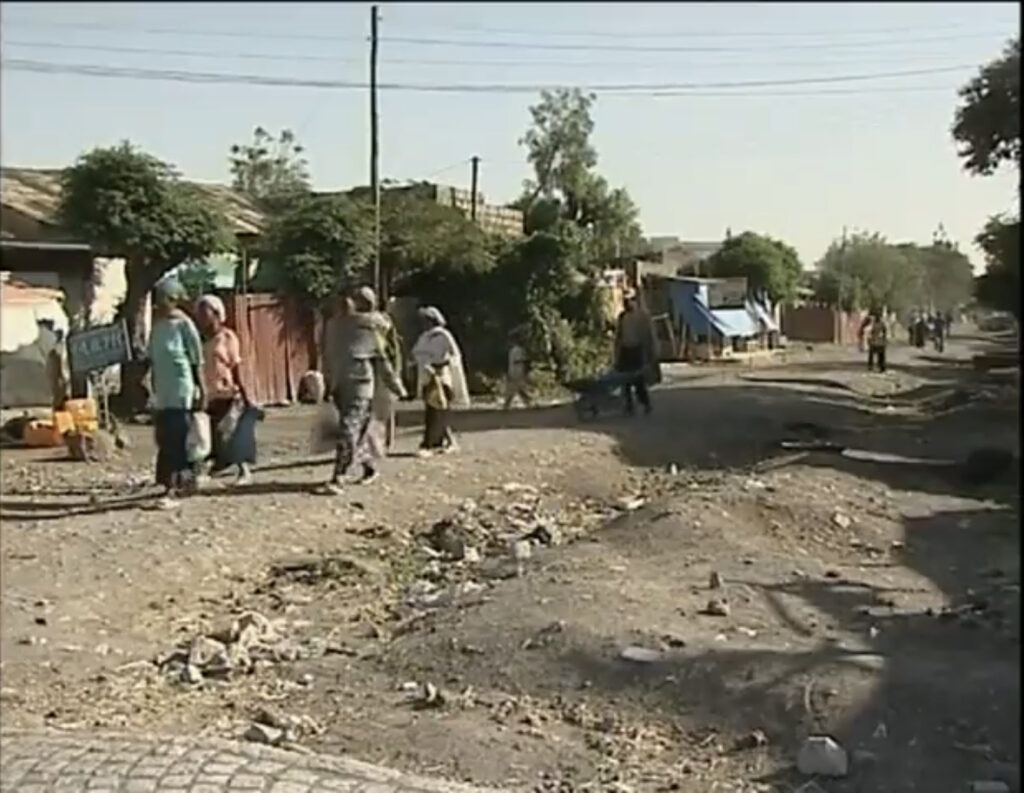 Dusty roads
Dusty roads
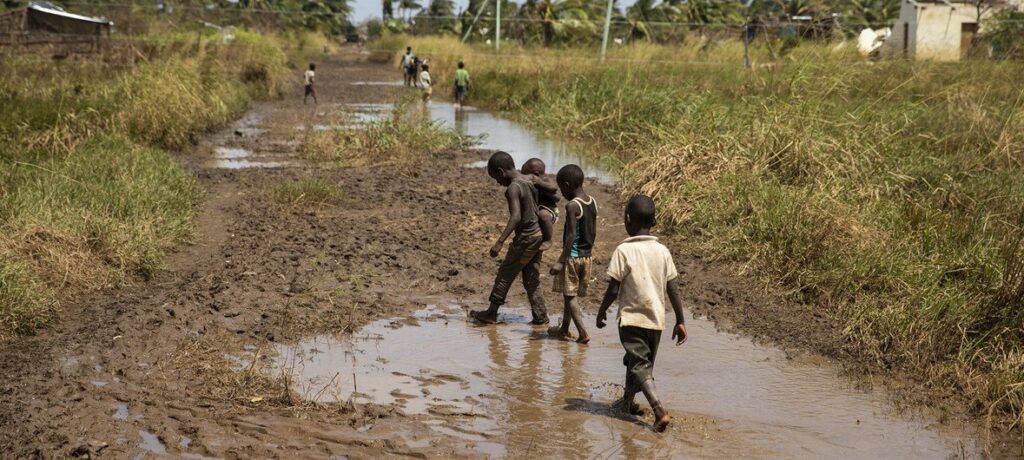 Muddy Un-Hygienic roads
Muddy Un-Hygienic roads
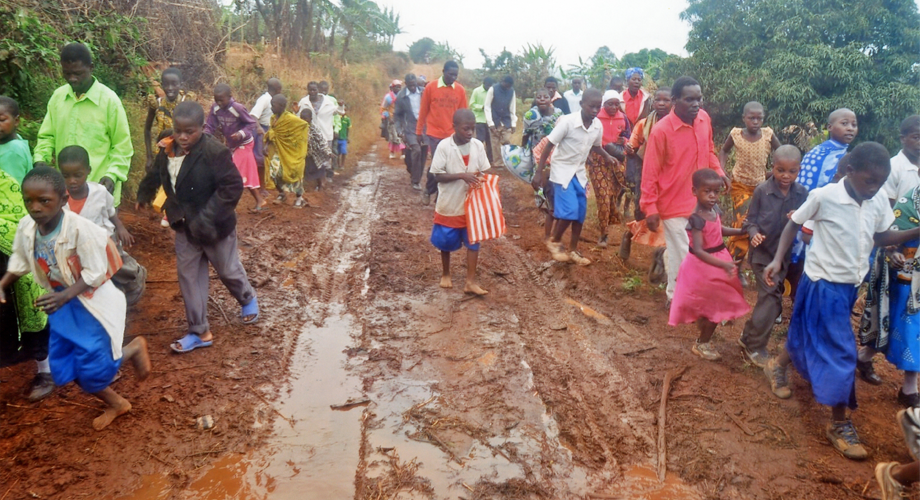
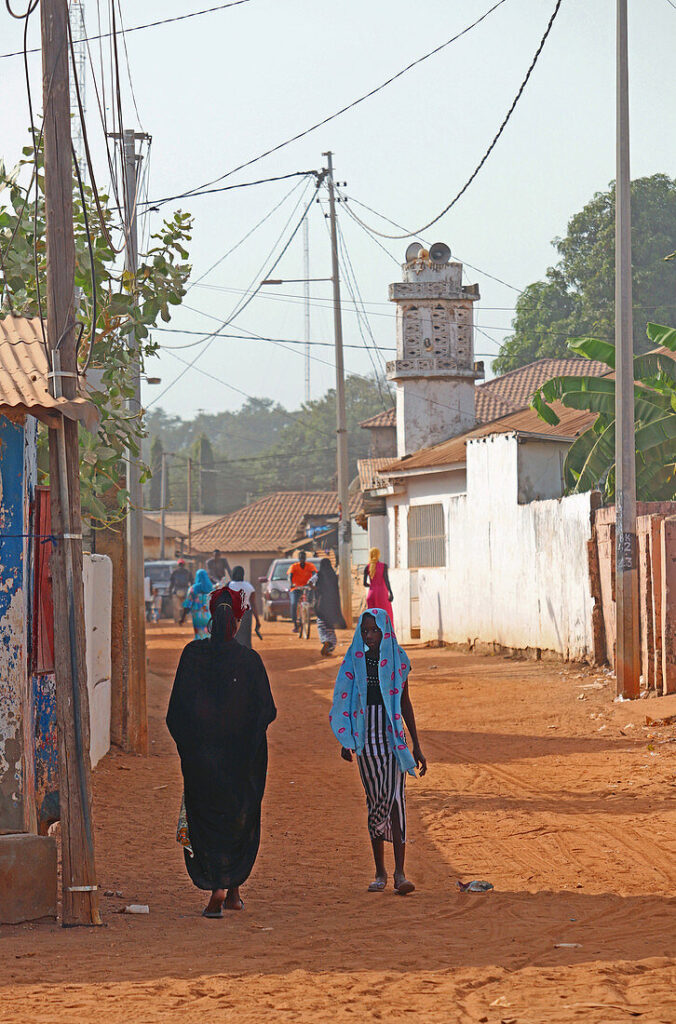
Cobblestone Pavement Make A Cleaner Environment!
Using Cobblestone to pave roads as a way to reduce infectious diseases, malaria and Typhoid in rural underserved communities in Limbe, Mutengene and Buea in Cameroon. With abundant basalt rocks in the the SW region of Cameroon, cobblestone pavement is one of the strongest answers to reducing infectious diseases, malaria and Typhoid which are abundant in this area. The inhabitants in these regions are plaqued with dusty roads during the dry season and muddy roads in the raining season. In the dry seasons, the overwhelming dust particles in the air causes upper respiratory tract infections and keeps the body at a constant state of inflammation. The dust in the air pollutes everything, including clean drinking water and therefore more illnesses in the community. During the raining season, the roads are in constant devastating conditions, making traveling, or walking in the neighborhoods a nightmare. Mud is spread around everywhere and therefore diseases. Mosquitos make every standing pot of water their breeding grounds. The dust and mud in the dry and rainy seasons respectively are mainly due to the lack of clean paved roads. With the abundance of basalt rocks in this area, we can drastically reduced disease and suffering in these populations. Doing cobblestone pavement in this area will also provide jobs to locals and reduce poverty while stimulating their local economies. This project will be supervised and involve Dog-tag-initiative-veterans who will be working on their mental health and reiterating back into society
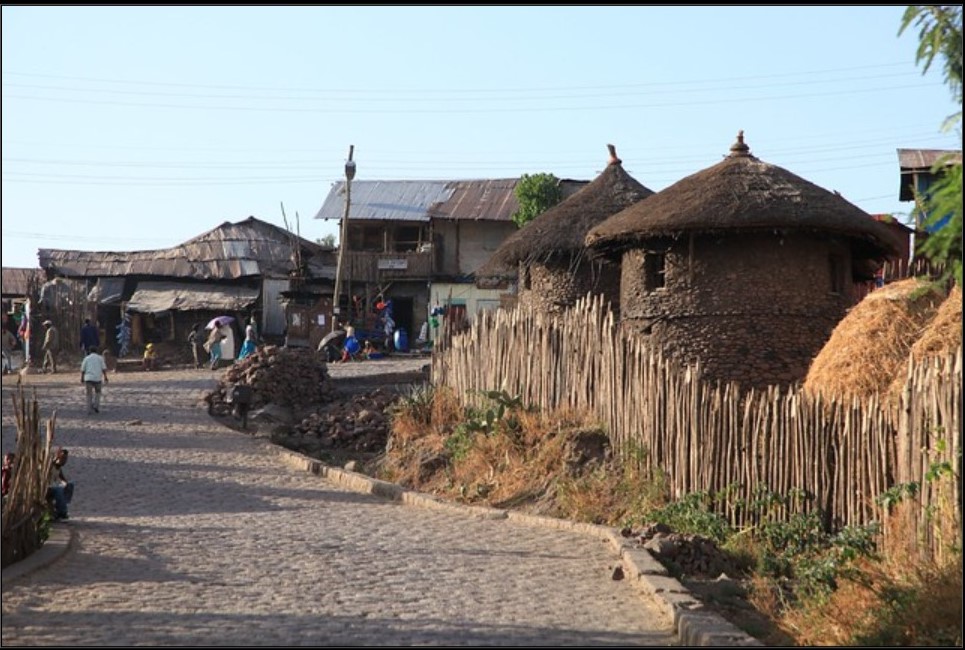 Clean Cobble Stone Paved Road
Clean Cobble Stone Paved Road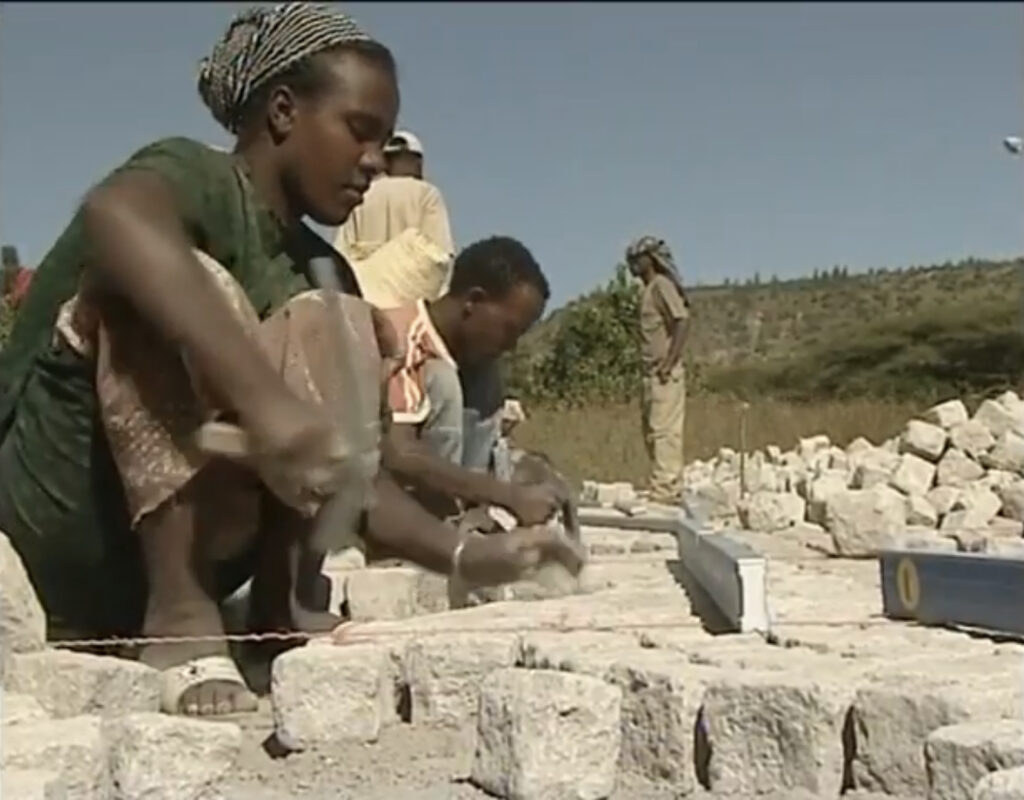
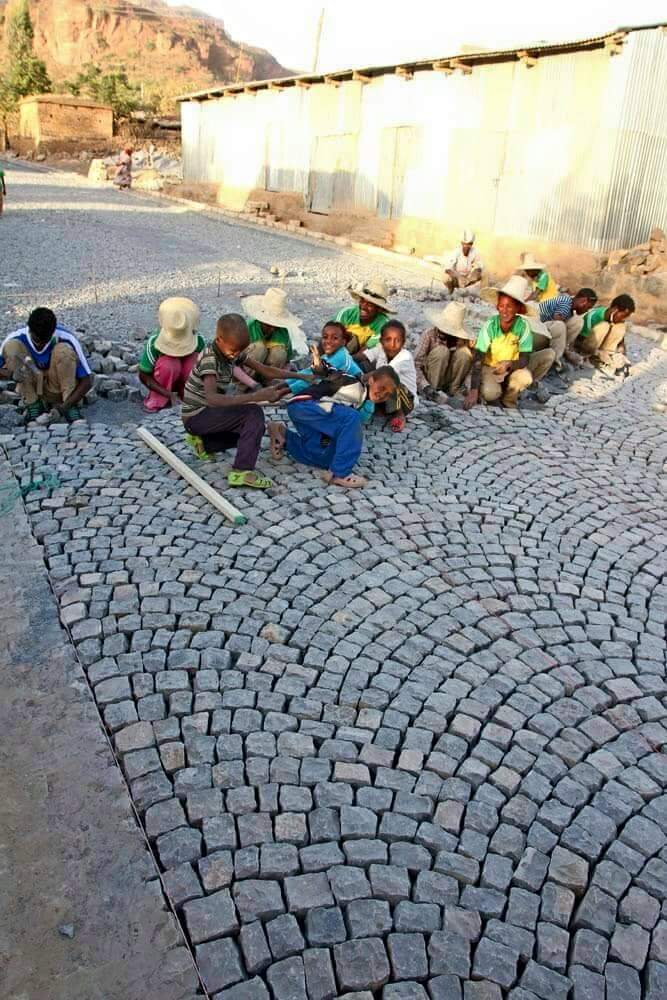
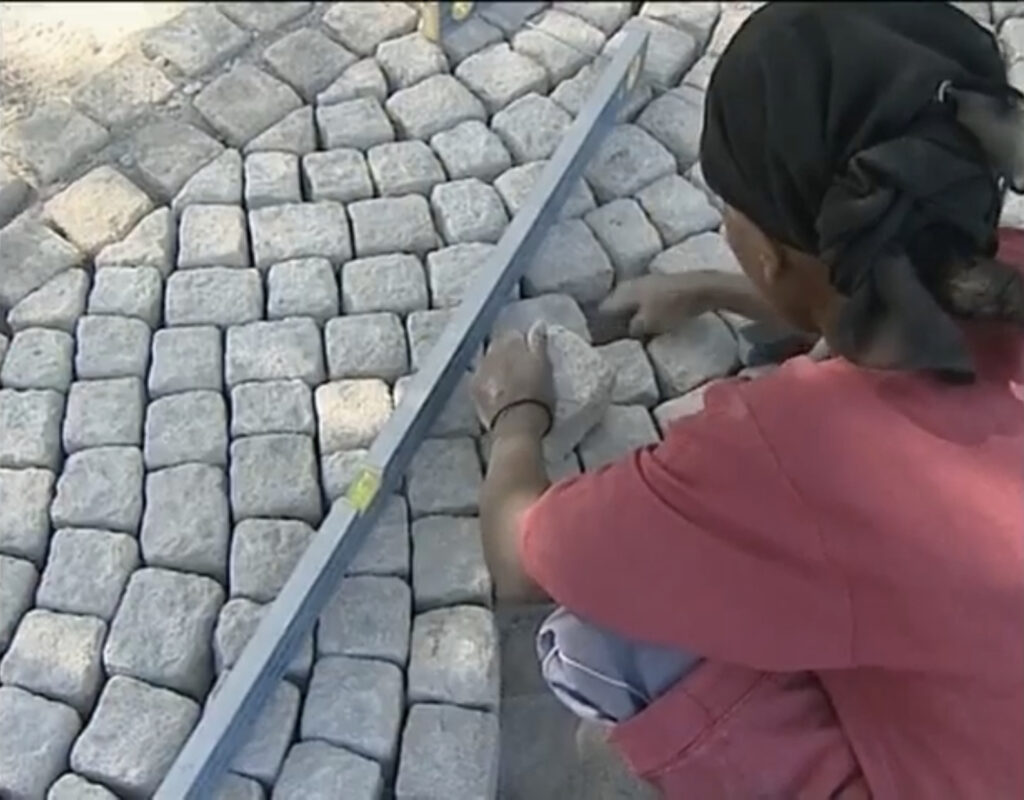
JIM
I served 5 years in the Marines and was in operation Iraqi freedom in 2008. Returning to civilian life was another daunting task on its own. It was like another deployment, only this time without my brothers and sisters from the military.
So alone, I decided to bury my head into my studies to distract myself from the negative thoughts, the nightmares, the and anxiety that comes with PTSD. I was motivated to complete college and then medical school and I struggled.
I will continue to portray a normal self any time I stepped outside but I found myself increasingly isolated from others and failing medical school exams. I thought I could just pretend PTSD does not exist but it was taking a great toll on my mental and physical health.
Throughout my studies, I saw firsthand the mountains of obstacles War Veterans have to go through to properly reintegrate into civilian life and their communities.
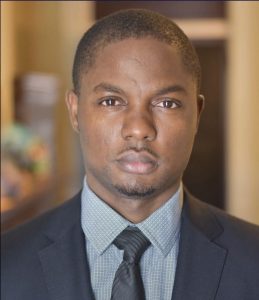
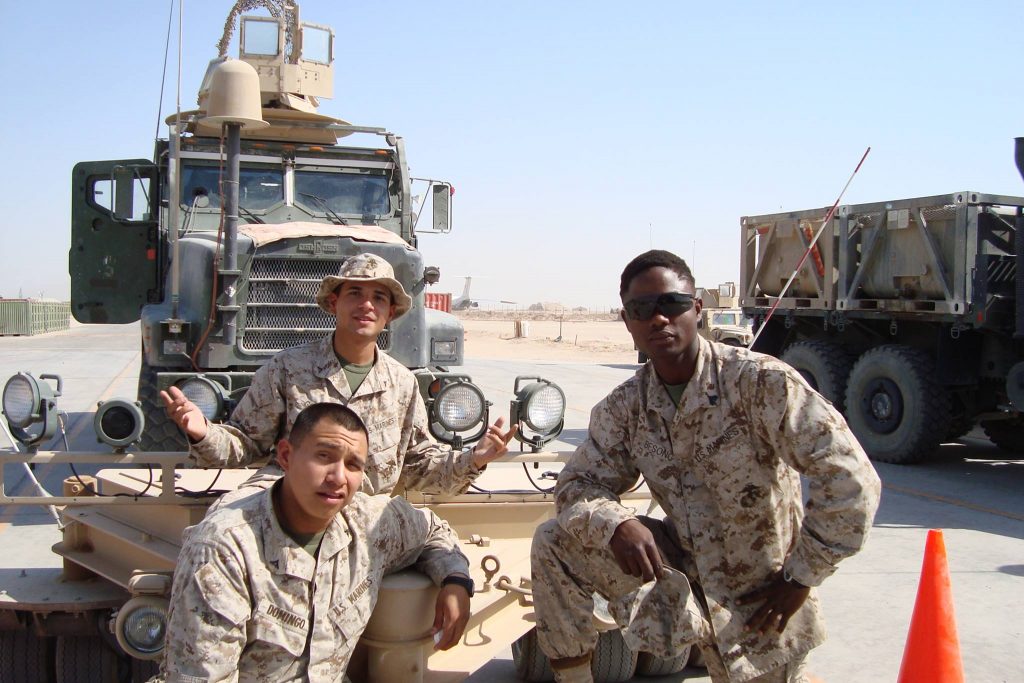
Despite all the challenges, I have continued my journey to serve those in underserved communities in Africa and and New York and to inspire other veterans and the healing effect from this journey continues to grow.
That’s why EmBgloo was created; For military veterans to serve and inspire underserved communities and other military veterans while receiving the gift of healing from doing good to other humans in the presence of nature.
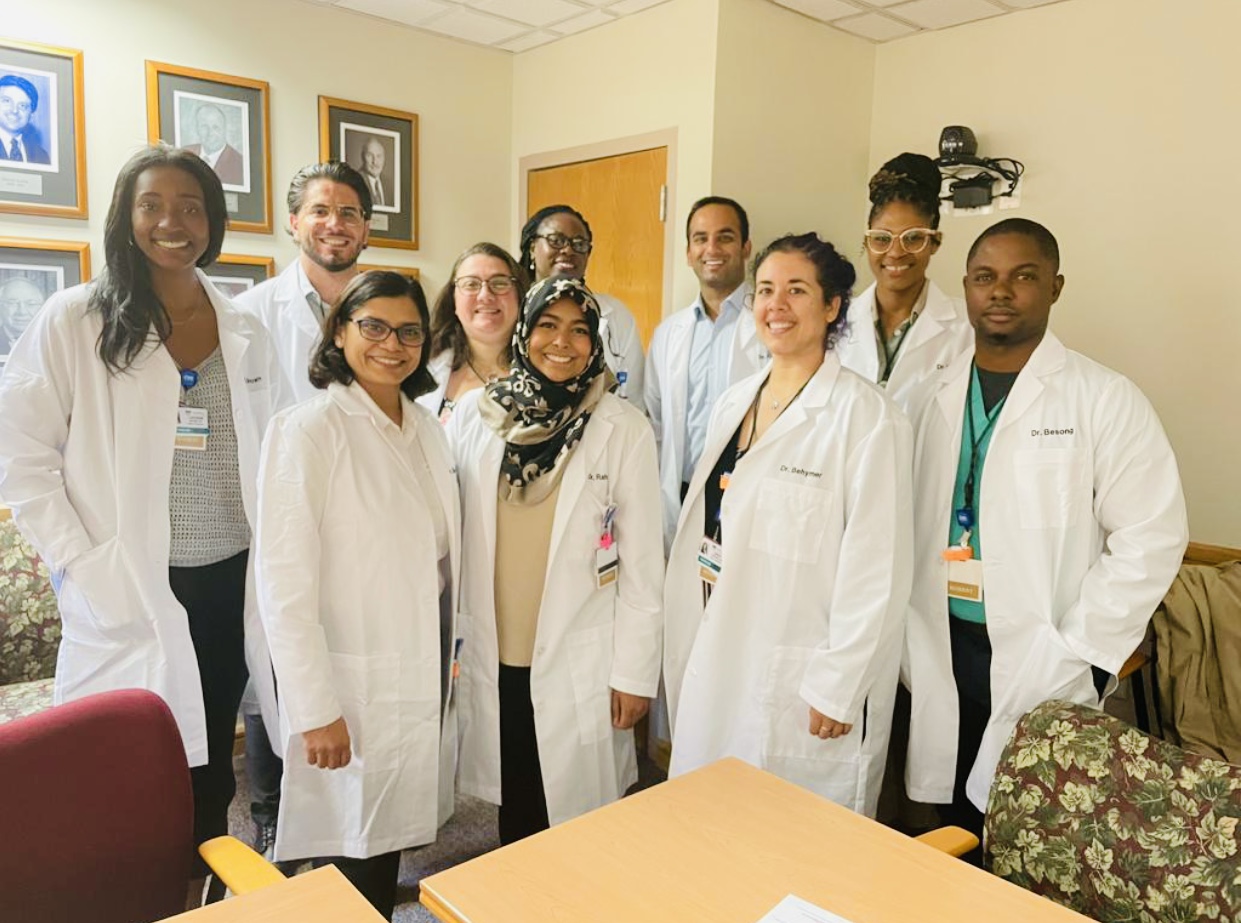
RYAN
I am a former Army active duty Civil Affairs (CA) Specialist currently serving with the 443rd CA BN, specializing in the region of west Africa. I have worked with underserved communities in Mali, supporting a medical outreach that provided more than 750 women and children with basic triage, eyecare and general wellness. In 2022, I will deploy to Niger to assist additional communities in a variety of way.
Many Veterans will benefit from the Dog Tag Initiative by serving in similar underserved communities at the same time building their confidence and resetting their inner self all over again>>>
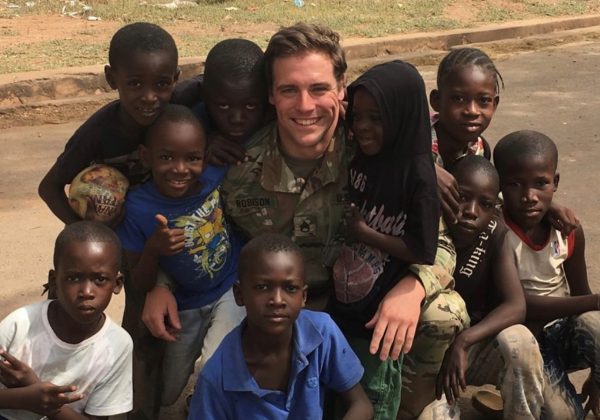
Bamako, Mali.
Re -Thinking Charity
EmBgloo Aid strives to break away from the cycle of dependence by Empowering and Training Locals to develop their Local communities. Introduction of Low tech but BIG Impact machines like the Interlocking Brick Making Machines. If you want to help, choose Charities that employ locals for locals.
Africa has talents: train them to fish, Code, build Mini and Micro-HydroPower In Villages and light the continent up!
Ecological Interlocking Earth Bricks
In EmBgloo, we strive to improve lives by making living simple and affordable for the people we serve in underserved communities in Africa. That is why we build community eco-friendly hospitals and clinics with ecological interlocking earth bricks.
An ecological interlocking brick requires 90% ground soil, 5% water, and 5% cement. This mixture is then compressed and left to cure under the shade for 5-7 days.
The is no cutting down of trees or destruction of local forests which is in contrast to Baked-Bricks that require a large amount of wood for hot ovens. The process is inexpensive and, anyone can do it with most types of ground soil.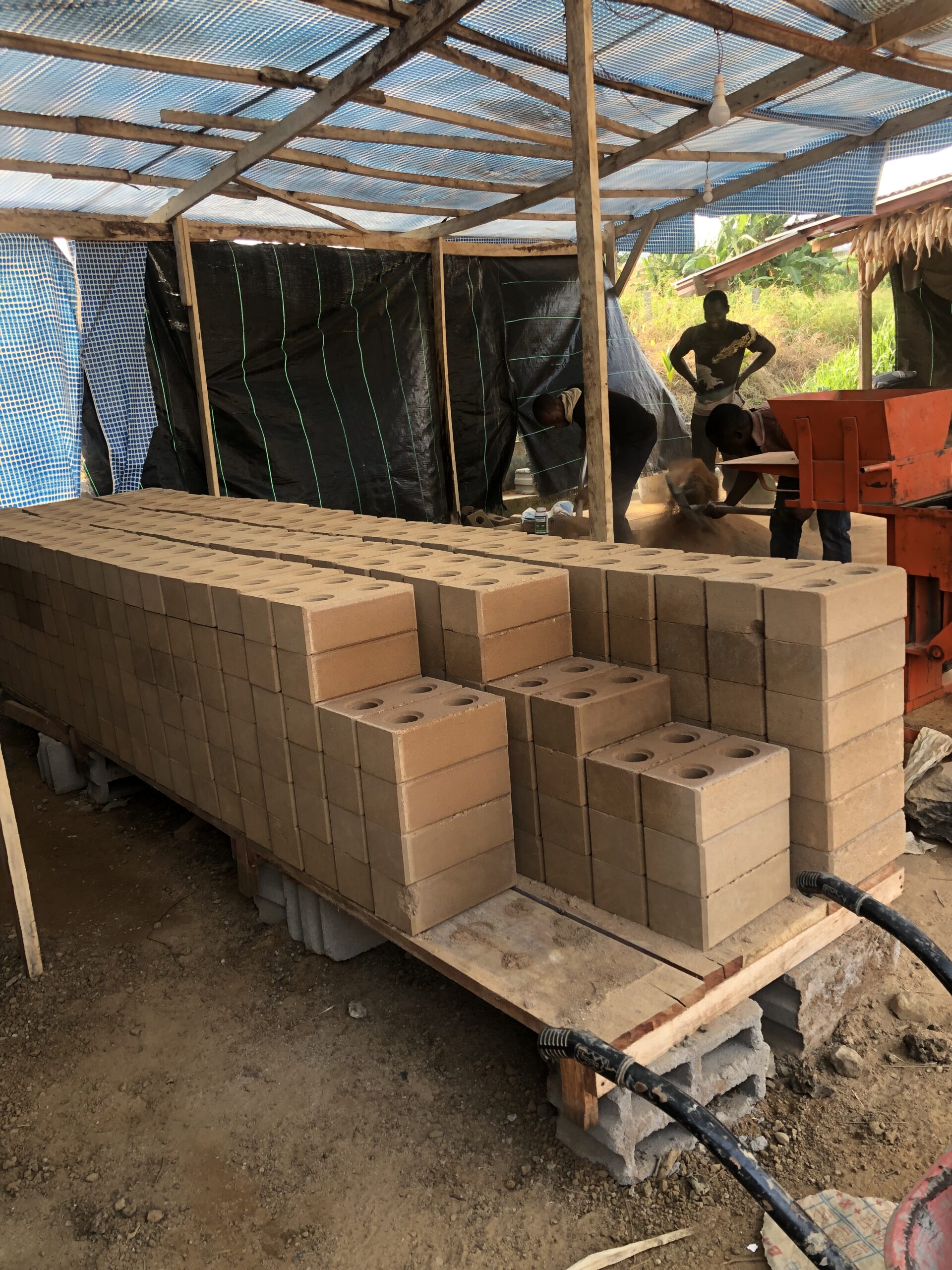
It’s Just Eco-friendly Bricks.
These bricks are our basic units which are simple to make, affordable, and ecological. It is low-tech with great potential to impact positively the lives of many in underserved communities in Africa.
So how much does it cost to make one interlocking earth brick?
With a few wheelbarrows of ground soil, a little bit of stream water and a tiny amount of cement, and local Labor, YOU can make a single brick for only $0.47
(47 U.S Cents for one Interlocking earth brick).
As the name goes, an Interlocking brick defines how the bricks are used for building construction. By interlocking, they eliminate the use of cement mortar and also reduce the number of skilled workers needed for construction. This is why the construction of our first eco-friendly community hospital will be 40% less costly than traditional construction of a similar building using cement blocks or burnt bricks.
Ecological Interlocking bricks save energy. They maintained the surrounding temperature which helps reduce the high cost of air conditioning systems in hot tropical regions. These bricks are also great for earthquake-prone areas as they can withstand the power of most earthquakes. Another important point is the bricks are naturally bulletproof and fire-resistant.
Simon – A local worker molding bricks with an Interlocking Brick Making Machine.

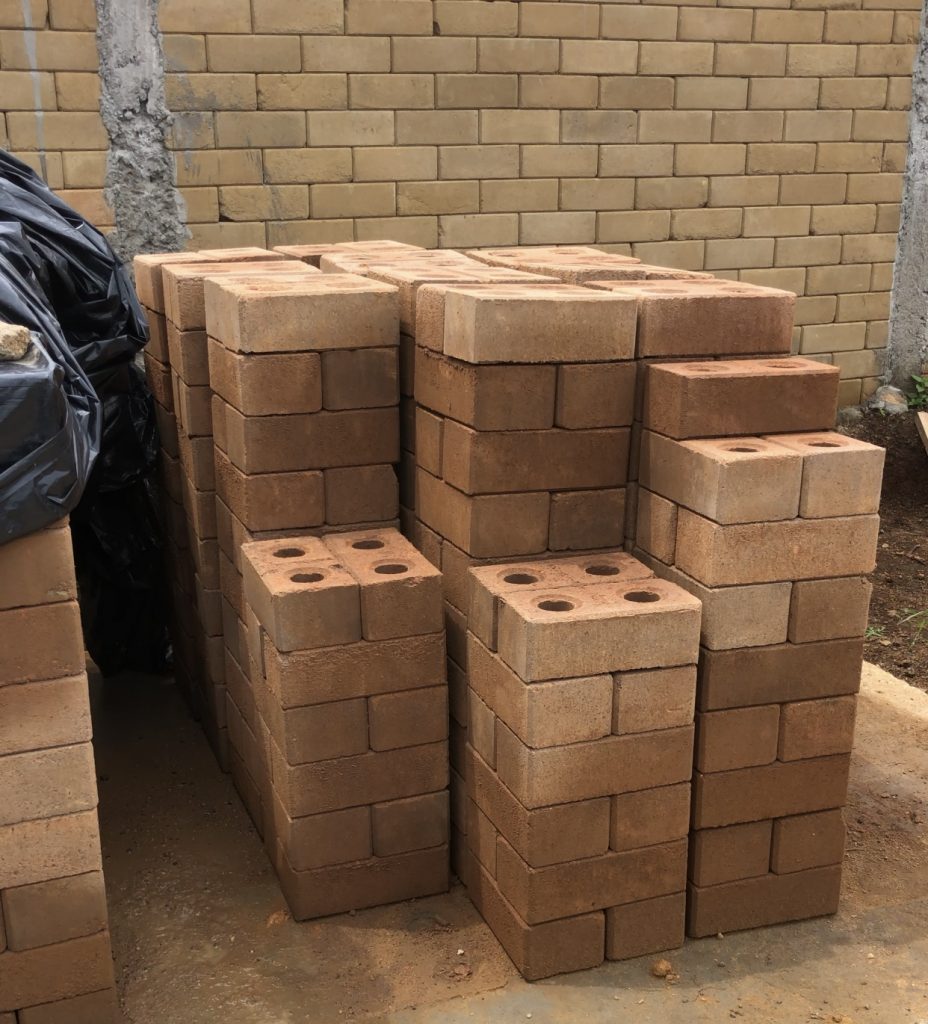
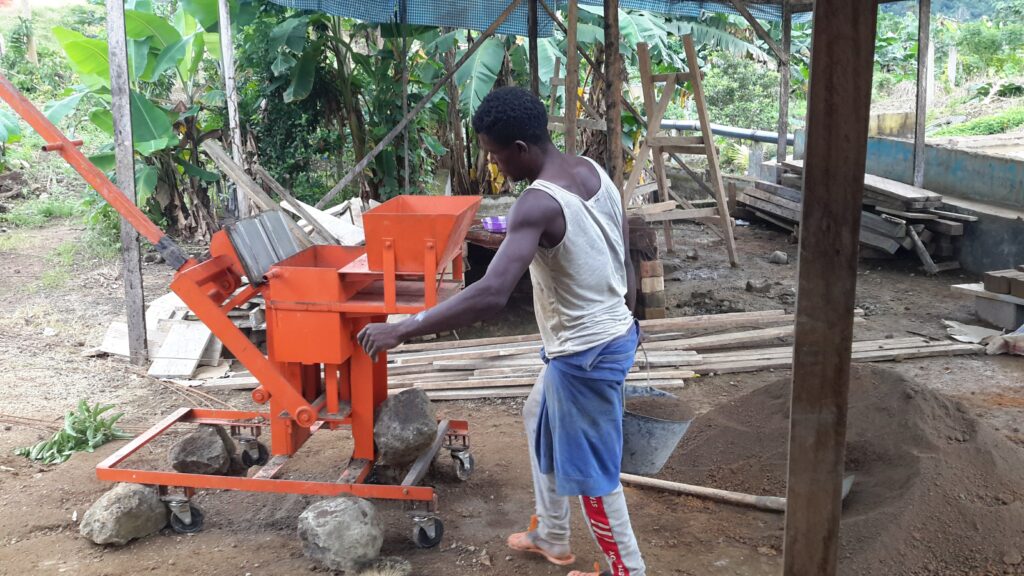
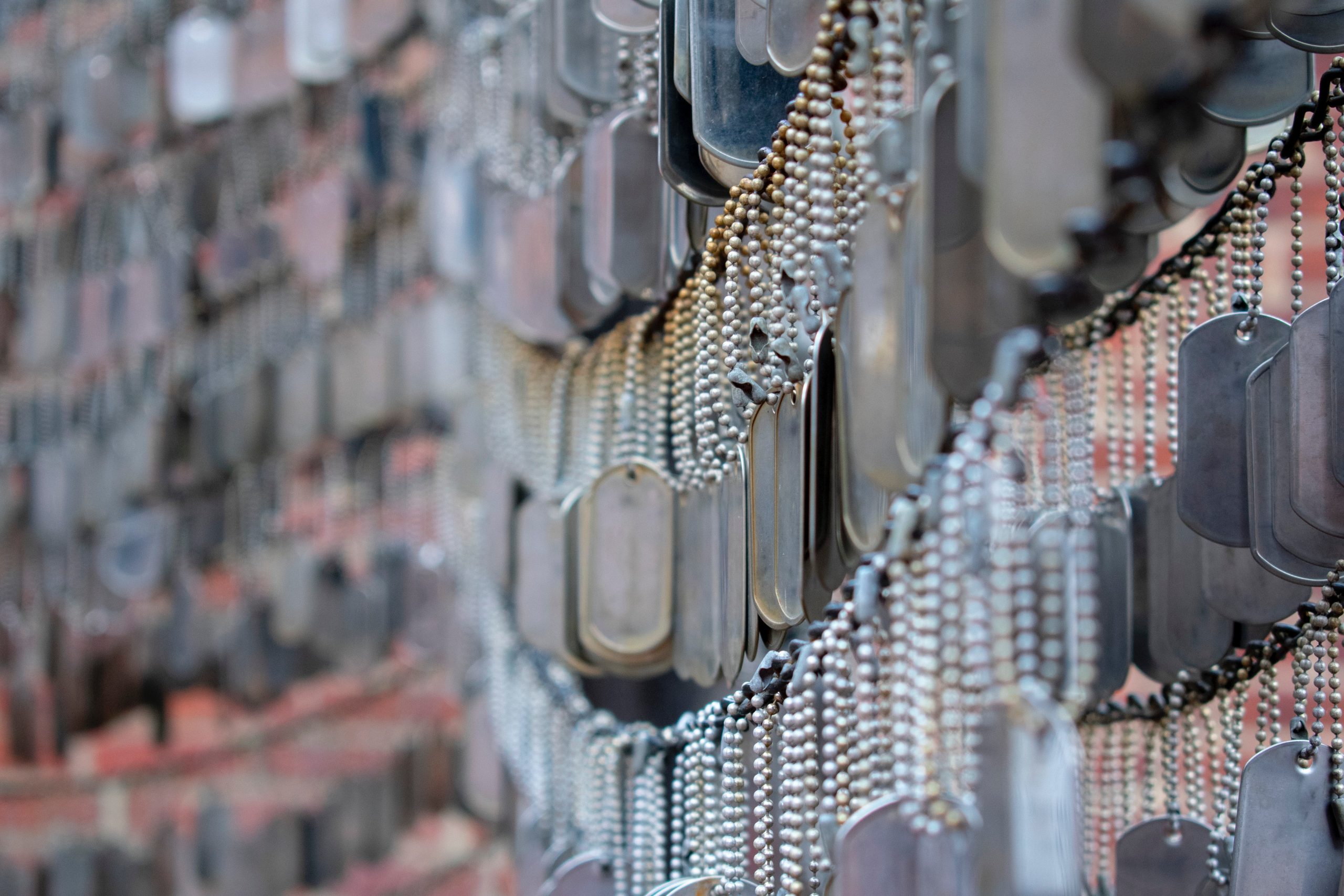
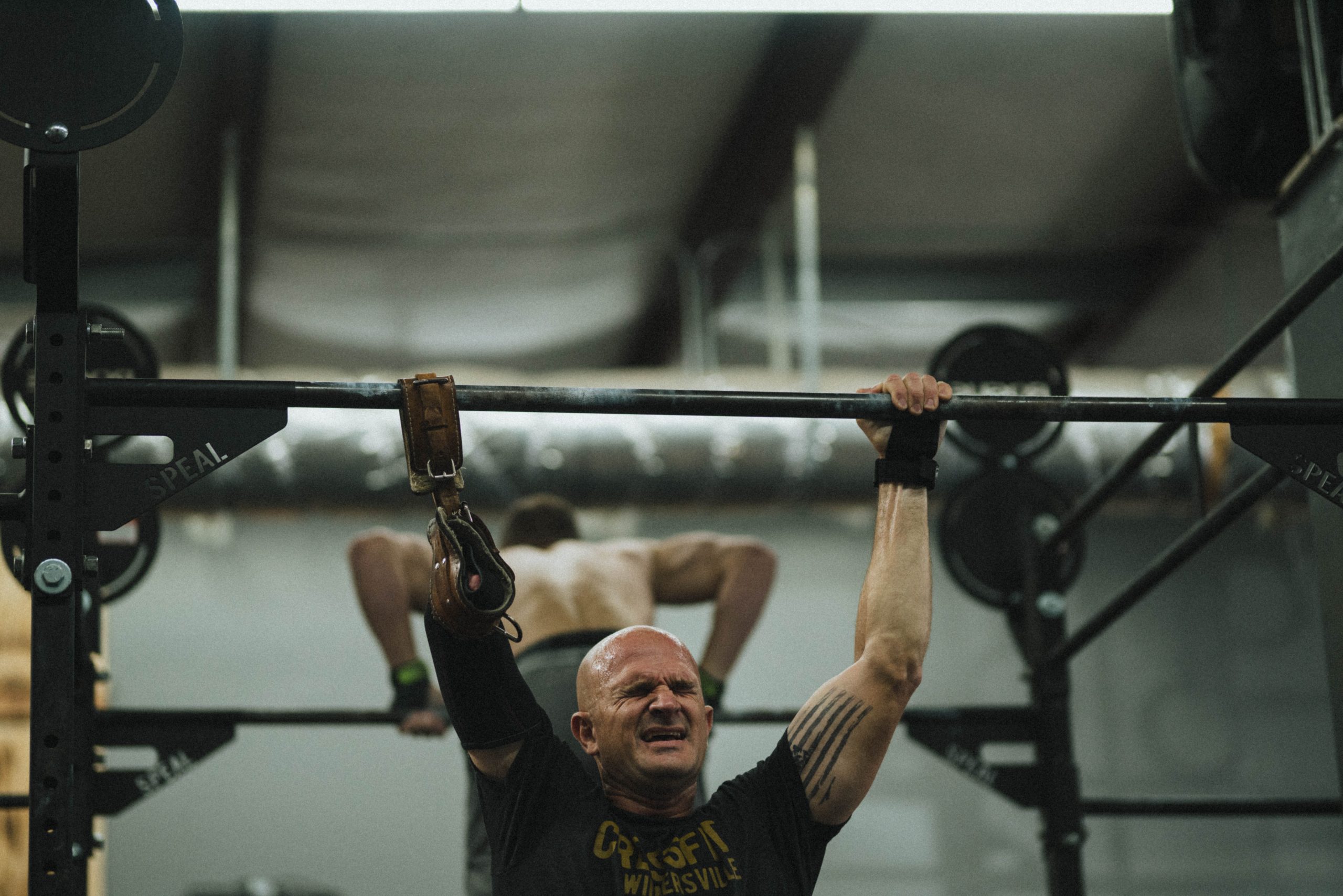
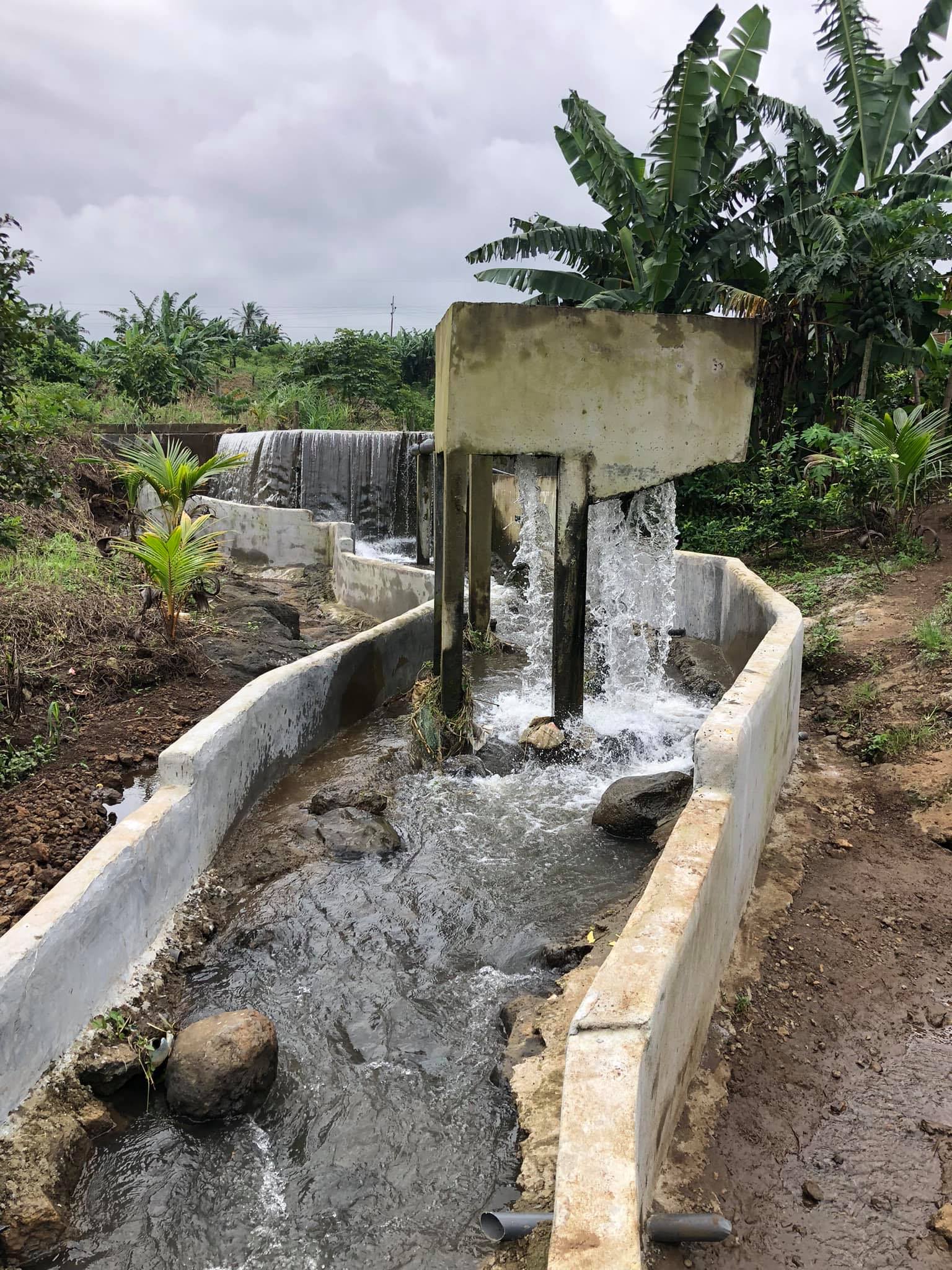 Micro-Hyrdo Electricty Dam
Micro-Hyrdo Electricty Dam